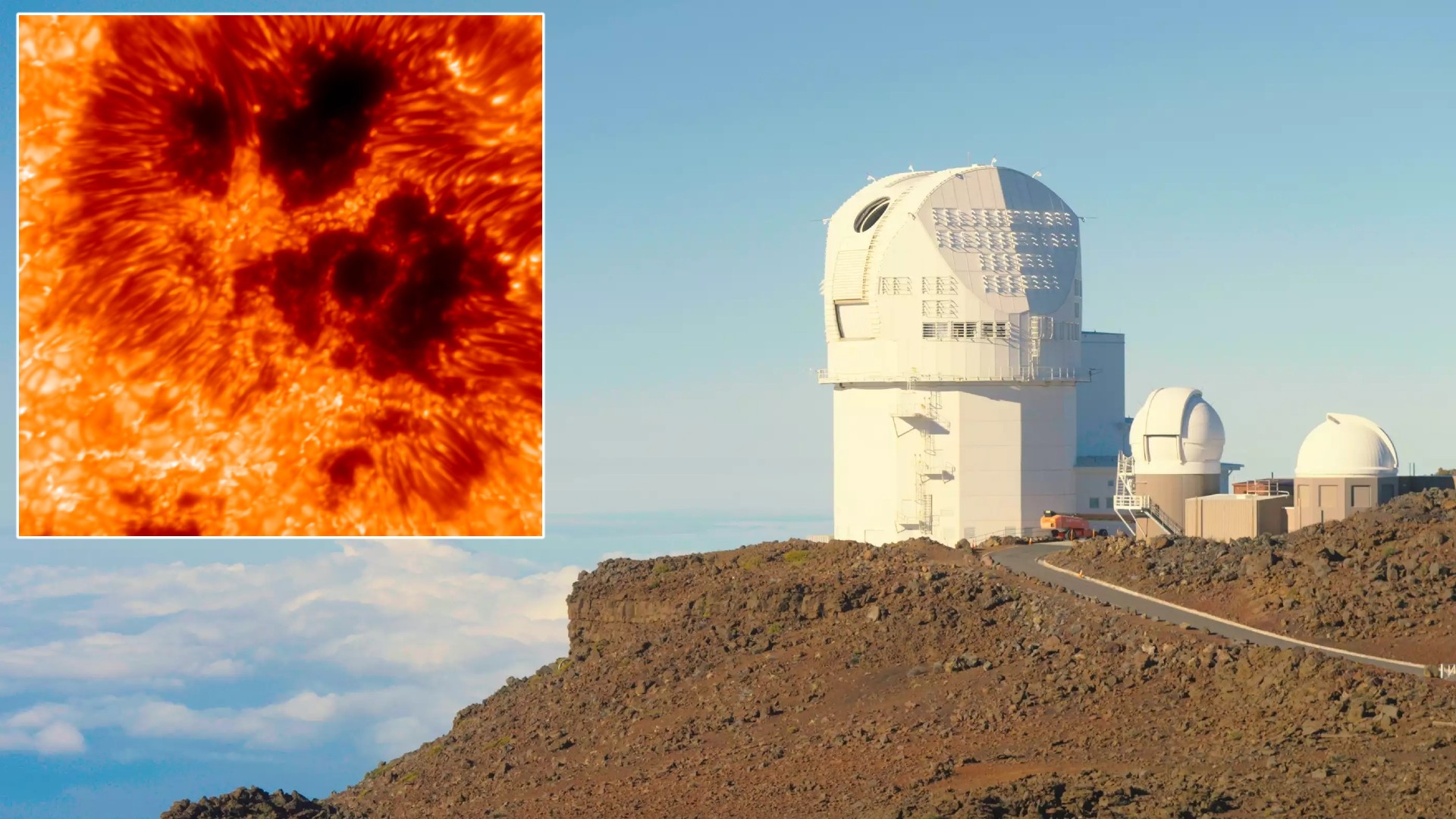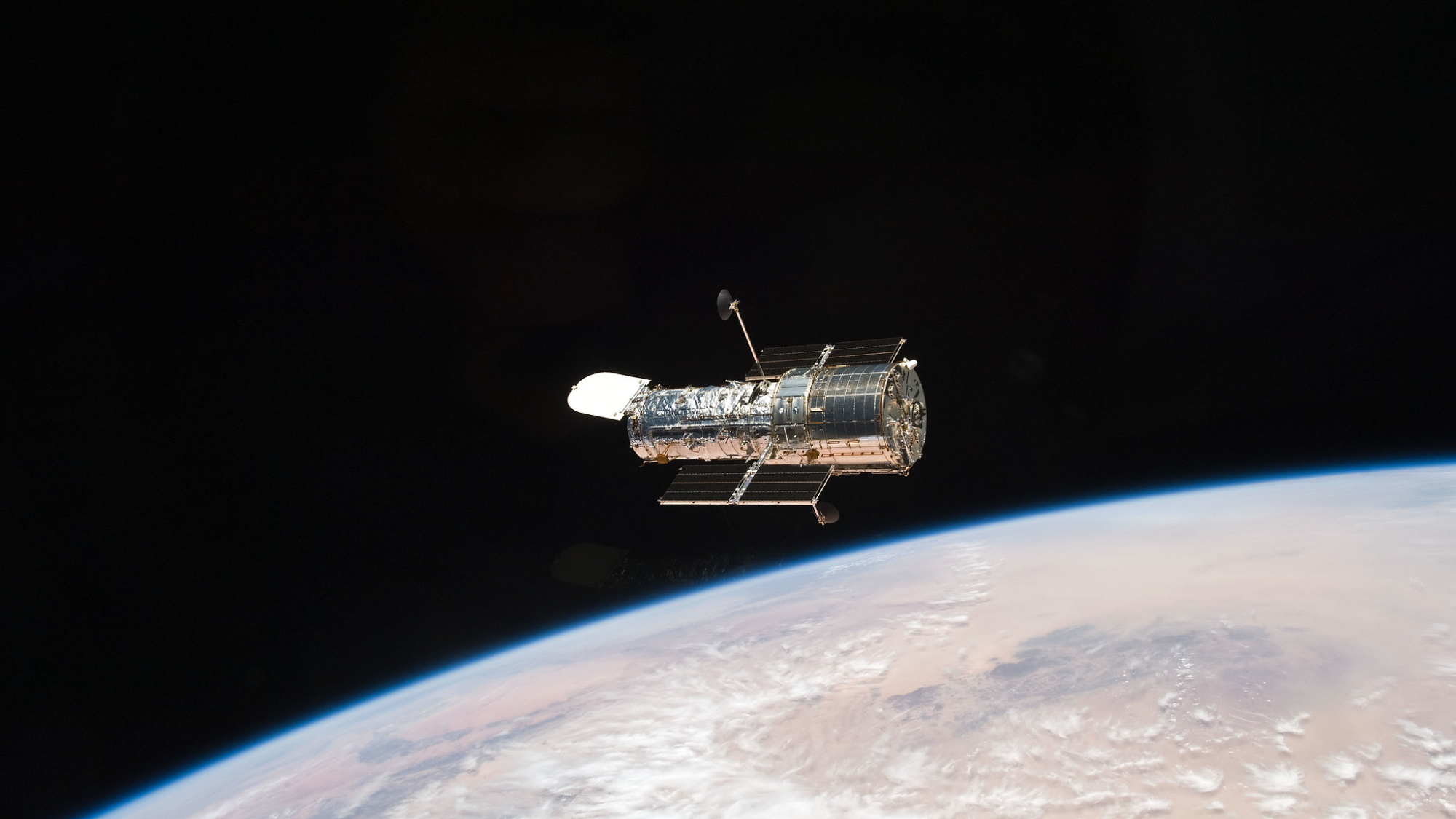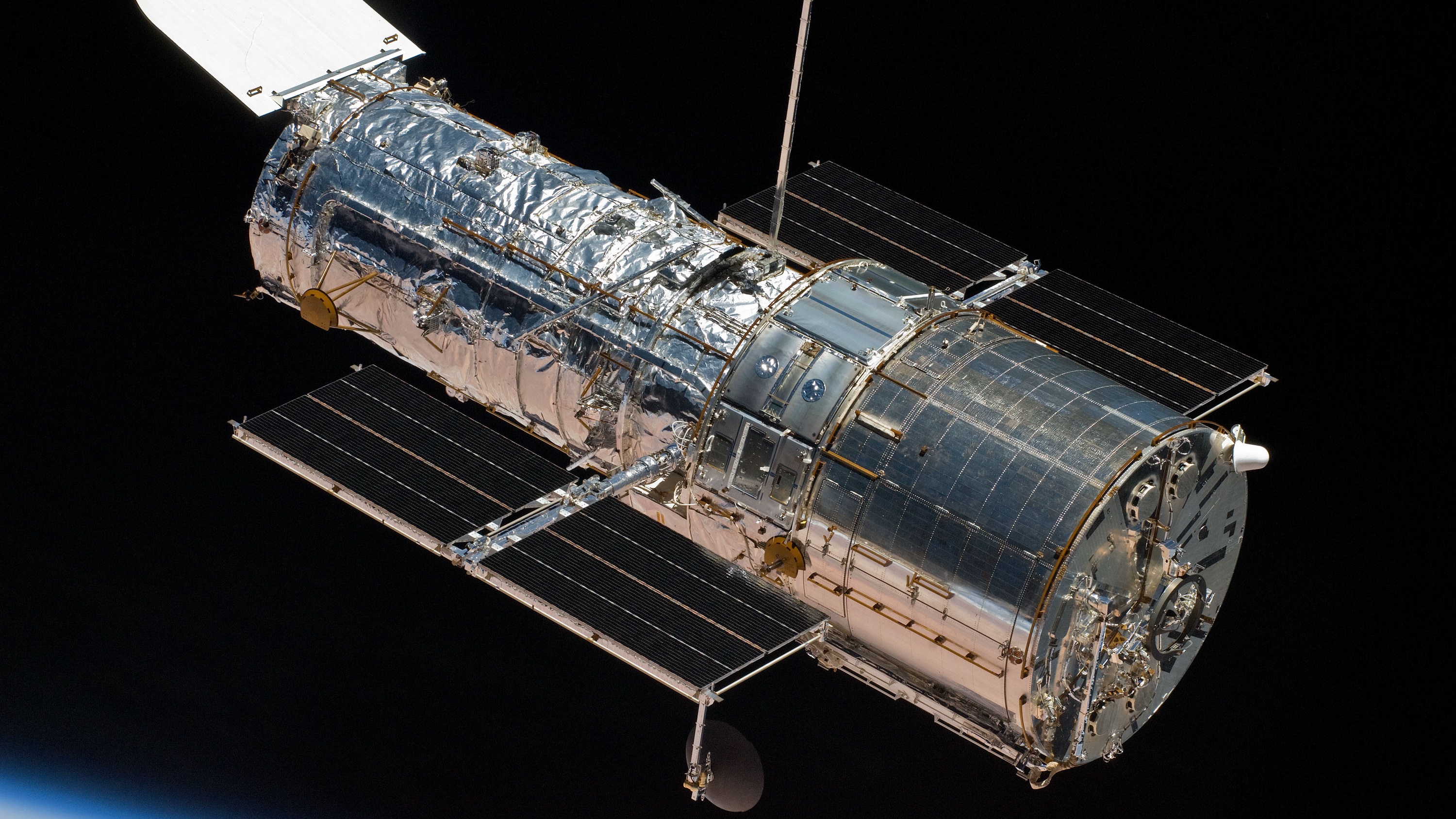Trump wants US to pursue 'manifest destiny' in space. What could that mean?
"Though actions speak louder than words, language still matters, particularly when the United States apparently still wants to lead in space internationally."

What does "manifest destiny" mean when applied to the stars?
During his inauguration speech, President Donald Trump invoked the controversial doctrine, originally used to justify American territorial expansion, in a brief hint at his vision for the nation's space program.
"And we will pursue our manifest destiny into the stars, launching American astronauts to plant the Stars and Stripes on the planet Mars," Trump said on Jan. 20.
With these words, Trump linked America's space ambitions to a concept steeped in history, expansionism, and controversy. But what does this declaration mean for the future of space exploration?
Historical context
Manifest destiny is a 19th-century concept in the United States of the divine right to expand across the North American continent. Trump's reference of the doctrine follows other expansionist rhetoric in recent weeks, including vows to take back control of the Panama Canal and a desire to buy Greenland. The phrase may be interpreted in different ways, however.
Related: Presidential visions for space exploration
"It means different things to different people, in the same way that the 'Wild West' conjures competing memories and histories of the American West in the 19th century. Manifest Destiny refers to a belief in a preordained right to explore, colonize and exploit a given territory, as white, European settlers did in the 19th century in the USA and the American West," Bleddyn Bowen, an associate professor of astropolitics at Durham University in England, told Space.com. He noted that this was also a traumatic period of history for some other peoples — the ones being colonized, for instance.
Get the Space.com Newsletter
Breaking space news, the latest updates on rocket launches, skywatching events and more!
"In space, this often refers to a belief among many Americans that the United States has a special right or inevitable duty to explore and possibly colonize outer space, something that is beyond debate," Bowen added.
What does this mean for NASA and SpaceX?
Trump's speech was far from the first time that manifest destiny has been invoked when talking about space; it's something of a touchstone for U.S. space exploration enthusiasts and many practitioners, said Bowen. References to the "Wild West" and the "US interior" of the 19th century are "frequently used by companies, media, and politicians when trying to wax lyrical about outer space, particularly with regard to a 'spirit of exploration' and 'conquering new lands,'" he said.
The implications of "manifest destiny" for NASA and the broader space sector remain unclear. Bowen noted that Trump specifically mentioning Mars in the inauguration speech carries more weight in terms of policy. It could potentially suggest a switch to focus U.S. human spaceflight on Mars, as well as, or perhaps instead of, the moon, which NASA is targeting via its Artemis program.
Elon Musk, who played a key role in Trump's presidential election campaign and is close to the president, has a well-documented interest in putting humans on Mars. A new focus on Mars — if confirmed in funding requests and future policy statements — would likely mean Musk's SpaceX would be tasked with making this a reality, with the company's Starship the backbone of any effort to put humans on the Red Planet. This would have impacts for NASA's role and the centrality of SpaceX, a private company, to America's space endeavors.
Related: What a 2nd Trump administration could mean for NASA and space exploration
International ramifications
Bowen said that many non-U.S. audiences might believe that they or their country too has the right to explore, exploit and colonize space, but others may find the imperialist connotations of the term troublesome. Manifest destiny, after all, refers to a traumatic period of history in which indigenous peoples and the working class across the Americas were subjected to deliberate policies of dispossession, forced migration, genocide or brutal exploitation, he noted.
"Though actions speak louder than words, language still matters, particularly when the United States apparently still wants to lead in space internationally," said Bowen. "If U.S.-led space initiatives such as Artemis or some new Mars program is going to bring in international support, it has to be more careful about the terminologies it uses. Belligerent language that excludes others or brings up traumatic histories for others will create unforced errors down the road in America's diplomatic efforts to build consensus or secure support."
While manifest destiny has connotations of expansion and colonization, the 1967 Outer Space Treaty, to which the U.S. is a signatory, states that space is free for all nations to explore and sovereign claims over it cannot be made. There is currently no evidence to suggest the Trump administration is planning to withdraw from the treaty. Such a move would be a seismic shift in U.S. space policy and would prompt responses from other spacefaring nations, particularly with regards to space resources and planetary bodies.
In essence, "manifest destiny" in space could be a double-edged sword. It may be used as a rallying cry for exploration and progress, targeting sending humans to Mars in particular, but it may also be a potential source of conflict and ethical challenges. It remains to be seen how and in what ways NASA's direction may change with this rhetoric. While the Trump administration may be planning a new space policy direction, any major shifts — such as dropping Artemis and heading directly for Mars — would need the backing and authorization of the U.S. Congress.
Join our Space Forums to keep talking space on the latest missions, night sky and more! And if you have a news tip, correction or comment, let us know at: community@space.com.

Andrew is a freelance space journalist with a focus on reporting on China's rapidly growing space sector. He began writing for Space.com in 2019 and writes for SpaceNews, IEEE Spectrum, National Geographic, Sky & Telescope, New Scientist and others. Andrew first caught the space bug when, as a youngster, he saw Voyager images of other worlds in our solar system for the first time. Away from space, Andrew enjoys trail running in the forests of Finland. You can follow him on Twitter @AJ_FI.









